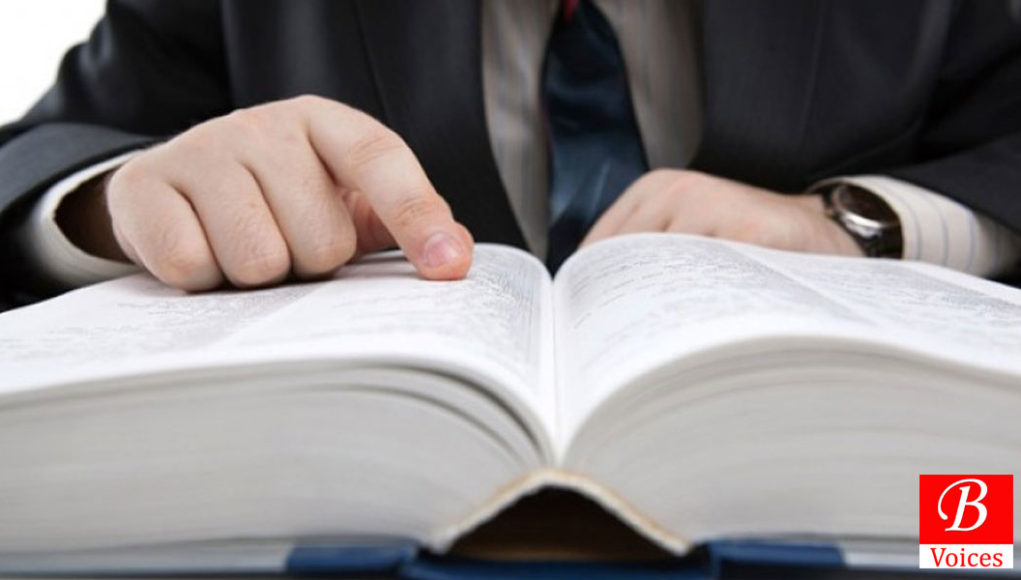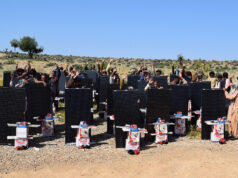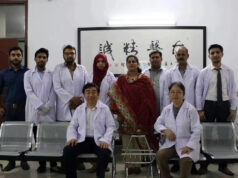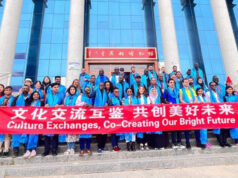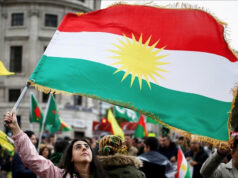Waqas Aalam Angaria
In Pakistani Society, the Socio-political terminologies are usually misinterpreted by the people pertaining to every socio-political field. From a blacksmith to Interior Minister, every individual seems rather baffled with respect to terminological interpretations. Likewise, what is the general notion after someone uses the term ‘Communism’? Or when someone claims to be an even-handed ‘Secular’? What are the terms ‘Rightist’ and ‘Leftist’? People are often criticised for attributing the term ‘Liberal’ to them. Let’s shift the focus to intellectual misinterpretation. Recently, an activist inclined to leftist ideology, after the brutal and inhuman killing of Sindhi labours in Pishukan Gawadar, intentionally tried to prove the attack on labours an actual face of ‘Baloch Nationalism’. He considered the attack a fascist move and condemned it making Marxist ideology as vanguard. Pathetically it had proved to have added fuel to the fire. A wave of tension aroused from the both Sindhi and Baloch nationalist circles which even divided opinions into leftist circles too. The Marxist-Nationalist nexus had become sterile given the misconstrued interpretations of two terminologies.
Why we are not familiar with these common terms or seemed misguided. The latter takes its roots back to the events of history telling us how and why the people were misguided by their lords, spiritual masters and political idols. First, let’s clean the muddy image layered upon terms commonly misinterpreted. The word ‘Communism’ is perceived a synonym for being atheist. Probing the term from a historical perspective, we can find its etymology emerging from philosophy, sociology, economics and political science.
The modern definition of the term communism was first coined and defined by French philosopher and writer Victor d’Hupay who, in his 1777 book “Projet de Communauté Philosopher” defines the term as living and to ‘share all economic and material products between inhabitants of the “commune”, so that all may benefit from everybody’s work’.
Primarily, the word ‘Communism’ has no concern with religion it merely argues about economic injustice which lies at the core of the reasons of class struggle. A communist can be a Muslim or Christian or can be an atheist. In subcontinent, we had many prominent Muslim Communists who had struggled for a fairer and liberal society such as Habib Jalib, Sibt-e-Hasan and Maulana Hasrat Mohani. The event of Jihad war against Russia made this term a hyperbole misinterpreting it as being an infidel or threat to religion.
Russians were communists and American-Russian spiteful relations were the troublesome events. American funding and supporting for the militants waging jihad in Afghanistan and General Zia’s deliberate attempt to make Pakistan a hot-bed for militancy on behest of America on the basis of spiritual and self-centred Islamic rhetorical jihadi dogma, are the ruts left so deep in Pakistani society.
For Zia to face a tough time, the only stumbling block for Zia’s decisions were the leftist students (NSF and Mairaj Mohammad Khan group) and Communist literary giants of progressive writers association. Their agitation against the jihadi policy was in full swing, Students and intellectuals were on the same page against Zia’s fanatic tendency towards religious bigotry. Leftists were quite famous among people. Jalib, Faiz and Josh kept opposing Zia’s policies through heart-penetrating and rebellion poetry. To prevent their ideological boundaries, Zia and his clerics had misinterpreted the term communism by making Islamic doctrine as vanguard and knew that people of Pakistan were extremely emotional with their Religious inclination. An Islamic reformer and a political party had once announced the Communist regime (Afghan jihad war 1979-89) as Godless and atheist philosophy—though the Soviet Union was an atheist state, yet this discourse does not counter the state’s governing ideology.
Similarly, the term ‘Secularism’ also does not escape the circle of misinterpretation. We all are aware of the dark age of Europe which lasted for almost 1000 years known as medieval age. And, Protestant Reformation movement lead by Martin Luther twisted the European civilisation substantially. The Enlightenment resulted from French revolution and created an atmosphere of critical thinking against irrational dogmas and myths. The impact of these events had influenced a number of thinkers and philosophers. Even science got moderated and new paths of enlightenment crushed the ruts left by dogmatic ideology.
During the days of modernization, it was vital to keep the emotional attachments away from the state so the element of exploitation went null. For the restoration of liberty, it was essential to separate the religion from the state affairs. The French revolution (1789) was the key event when people demanded the rights to freedom from the state which was proved a stepping-stone for secular theory.
The term secular was first coined by George Holyoake in 1851. Although the term was new, the general notions of free thought, which it was based upon, had existed throughout the History. Holyoake, an agnostic himself, argued that “Secularism is not an argument against Christianity; It is one independent of it. It does not question the pretentiousness of Christianity; it advances others.” This clearly opposes the spiteful propaganda against secularism being an atheistic ideology. This is what people generally believe secularism is in Pakistani society. Even state’s interior minister fears from secularism as it is demolishing the bigoted doctrine.
Pakistan was a country created and governed by a man who was truly secular in his ideas. Quaid’s speech of 11 August was a depiction that he wanted to govern the state of Pakistan in a secular way. His first cabinet consisted of a Christian civil servant Victor Turner and Jogendra Nath Manda, who served as first Law Minister. Sir Zafarullah Khan, An Ahmadi by faith, was chosen as first Foreign Affairs Minister. We have not heard or read about the Leftist movements and brutal killing of 6 students of Democratic Student Federation (DSF) for demanding the fundamental facilitation for students in 1953; nevertheless, we are taught to remain apolitical. How misguided we are! Aren’t we?
These misinterpretations are leading to an ideological catastrophe. People of Pakistan are not willing to bear any opinion contradicting their ideas and views. Intolerance has already spread as cancer into the veins of society and hatred is finding its way to be prevalent within. Students are totally misguided and isolated from the facts of unsung history which replaces criticism with hate titles. We need to tackle such misguided self-based interpretations to replace hatred with love and harmony, for tolerance and hegemony of liberty.
Writer is a student of Political Science at University of Karachi. He belongs to Lasbela.
Note: If you have found an error in this article or a factual inaccuracy or just want to give general feedback then feel free to contact us at [email protected]
Share your comments!


